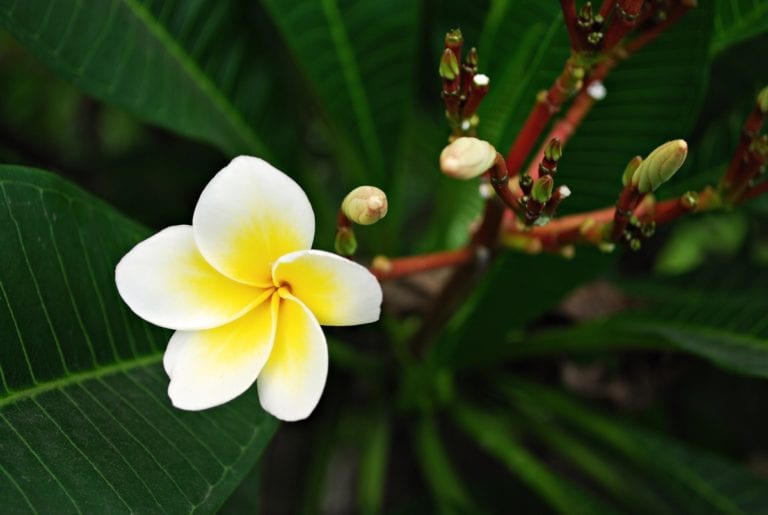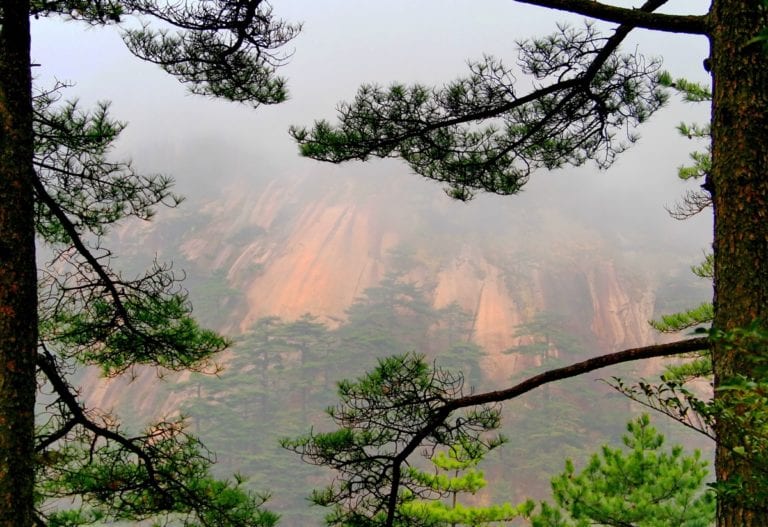Similar Posts

880th Week: Orienting to Steadiness
In these times of such challenge, I have found myself having to return to an underlying steadiness and calm again and again. This month, in my monthly posting of an audio meditation on my website, the focus is to attune to, call on, and embody the frequency of steadiness. I have understood and experienced steadiness to be a natural aspect of our deep core presence, the place in us that cannot be disturbed, no matter what may happen in our own lives or in the world at large. This doesn’t mean that we don’t register and respond to what’s happening within and around us. Instead, this place of steadiness that we carry deep inside offers an internal place of “refuge”, an aspect of our internal home base that is always steady, no matter what.
Another aspect of orienting to steadiness is that it allows us to contribute to the steadiness of our human collective consciousness. At this time, many countries around the world are embroiled in internal conflict between differing factions, religious and ethnic groups, between people fighting for rights and those in power working to limit freedoms of various kinds. So, when we look at what’s happening in our own countries, wherever we may live in the world, it’s helpful to remember that we are experiencing a global human-species crisis.
One thing I’d like to say about my belief in and experience of our human collective consciousness is that our moment-to-moment contributions matter. Whenever we experience a particular emotion or response, that experience is enhanced or intensified by the impact of all the people all over the world who are feeling the same way. Where we resonate matters, both in what we offer and in what we receive. For me, each time one of us is able to resonate with being centered, grounded, steady, or in any other way solid and stable in the presence of hurtful experience, I believe our experience offers to those who are teetering on the edge finding their center something like a foothold that helps them step into their own steadiness. We have an opportunity to support one another in every moment.
Read More “880th Week: Orienting to Steadiness”
784th Week: Being Part of a Community
I feel very fortunate to have an opportunity to go to Central Park on some days to get exercise and to plop myself down on a bench where I have spent so much time over the years in meditation and contemplation with my tree friends. One of the things that I’ve noticed each time I’m in the park these days is how many people are jogging and walking without wearing masks. This got me to thinking about our participation as members of a community and how we have an ongoing opportunity to take responsibility for our part in supporting everyone around us.
As I pondered the question of why people aren’t wearing masks as they exercise and walk around Central Park, I could only imagine that they haven’t quite registered that we are wearing masks to protect one another. They aren’t really to protect ourselves, since most of us don’t have the kind of mask that will filter out viruses. The reason we are wearing them is because we could unknowingly be carriers of the virus and we are protecting everyone around us.
For this week’s practice, I invite all of us to be aware of our place within our communities. Wherever we live, we are part of a collective and we are responsible for our contributions to our community, however that might be arranged and however small or large those contributions. What I’d like to ask all of us to consider is how are we caring for our community? What practices do we bring to help support and protect those around us? In the building where I live in New York City we have active cases of the Covid virus, so all of us are asked to be sure to wear masks and gloves when interacting with the doormen and concierges in the lobby of this very large building and in the laundry room as a way to protect the people who work here, as well as to protect each other.
Read More “784th Week: Being Part of a Community”
701st Week: Revisiting the “Raincloud of Knowable Things”
I’ve written before about some of the basic teachings I received from my grandmother between the ages of 10 and 16, when she was my first spiritual teacher. One of the important things I took from those years was my understanding of what she called “the raincloud of knowable things”. Because she believed and lived in a sense of collective consciousness, her experience was that there is nothing in the world that “belongs” to any one person or group. In the “raincloud of knowable things”, all ideas, creative possibilities, deep understandings are available to everyone, everywhere, all the time. Read More “701st Week: Revisiting the “Raincloud of Knowable Things””

893rd Week: A Meditation on Our Earth Family
One of the themes that has accompanied me throughout most of my adult life is how to support a shift away from our everyday humancentered thinking and behaving and to move toward the recognition that we are part of an Earth family. This kind of shift offers us a perspective that invites us to honor and respect the vast array of our other-than-human earth-kin, all the life and beings with whom we share this planet.
So much of Western philosophical and religious thinking has divorced our physical lives from our “spiritual lives”, holding an attitude that part of our journey here is to transcend this physical world. Thankfully, I think that this is no longer a dominant attitude to the degree it used to be, but it has been a source of great harm to our planet and our other earth-kin.
Thankfully, people such as Daniel Siegel, a psychiatrist who has become a dominant figure in the trauma resolution community along with others have developed approaches that challenge our tendency to put the individual before our collective. Here’s a link to a brief talk by Dan about his approach: https://www.youtube.com/watch?v=uo8Yo4UE6g0
It orients us to our larger collective and is an important perspective to have in place when beginning to shift away from a humancentric and individualistic orientation. It invites us to collective well-being and it’s not a huge leap to include our other-than-human earth-kin as well as our human kin.
When I was in graduate school many years ago now, I wrote about what I called Psychoecology, focusing on the place of humans within the larger ecological context. I never developed it beyond that but there are many other people who offer perspectives that move away from humancentric thinking and behavior and I recommend exploring these more deeply if you are interested. Look up Animism, Pantheism and more on google.com. Here’s a piece from the BBC about humans and the natural world: https://www.youtube.com/watch?v=5gWGP34-4tY
And, many indigenous cultures have always experienced humans as part of Nature, as part of an earth family with whom humans must cooperate if we are to survive. Here’s a clip of the voices of young indigenous people who are involved in climate change efforts: https://www.youtube.com/watch?v=Nm8Ctb2w81Y
For this week’s practice in conscious living, I offer the following guided meditation that offers an opportunity to explore shifting away from humancentric thinking:
Read More “893rd Week: A Meditation on Our Earth Family”